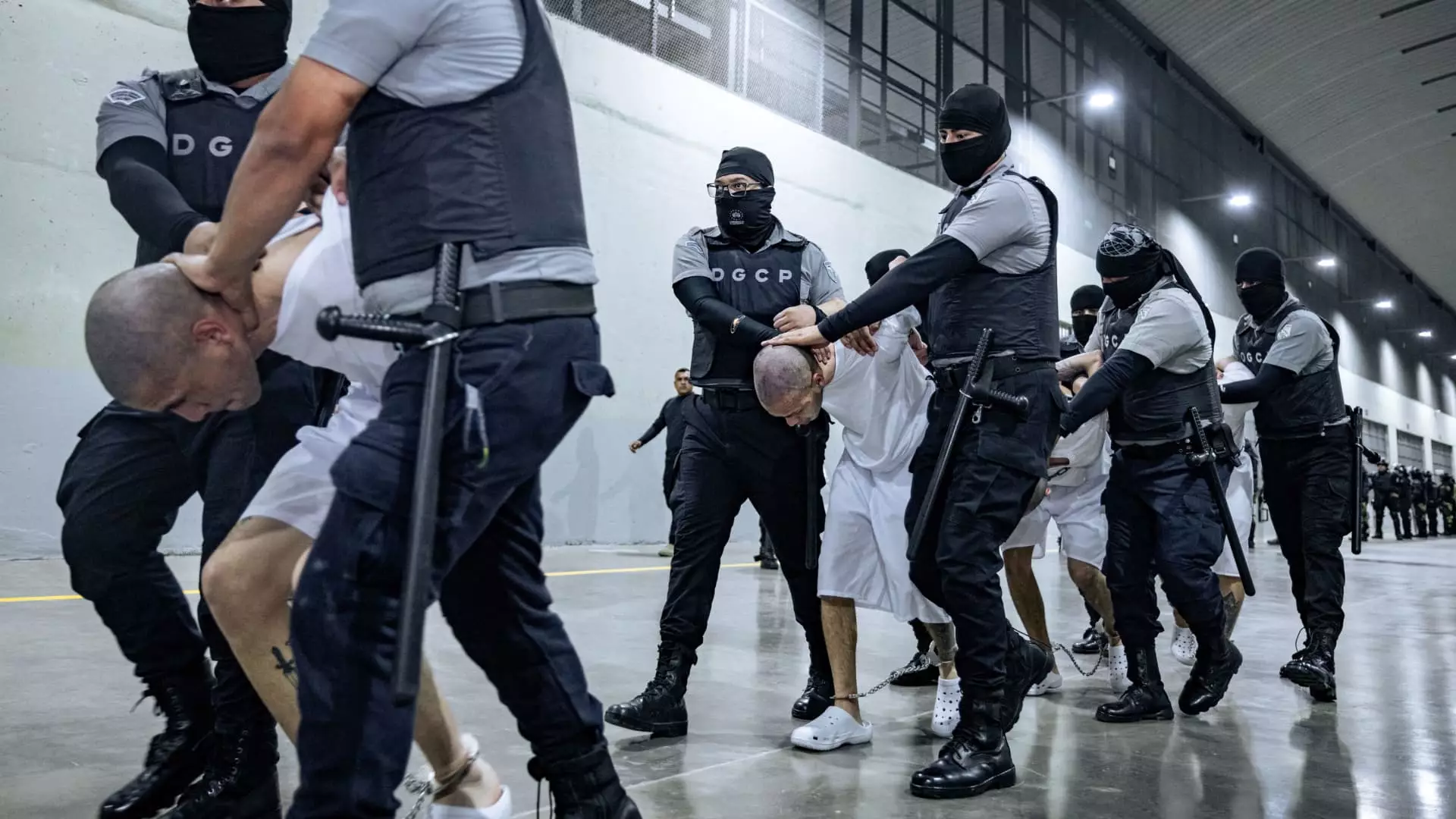In a shocking yet telling series of events, the Supreme Court has chosen to uphold a lower court’s mandate that compels the Trump administration to undertake necessary measures to facilitate the return of Kilmar Abrego Garcia—an innocent man who was wrongfully deported to El Salvador. What begins as a tale of human rights violation evolves into an exploration of political folly, administrative errors, and the grave implications of hasty immigration policies. It appears that justice has been served, albeit indirectly, reminding us that far too often, it is the vulnerable individuals caught in bureaucratic crossfires who pay the ultimate price.
The Bitter Irony of Legal Proceedings
Garcia’s saga is steeped in irony. Deported under the pretext of him being a gang member associated with the notorious MS-13—designated a foreign terrorist organization—his claims of innocence are met with skepticism and administrative indifference. The Justice Department, while admitting his removal was rooted in an “administrative error,” contends that the complexities of foreign policy and national security should allow for swift deportation measures. This juxtaposition raises unsettling questions: Should a man be punished based on speculation and the heavy-handed approach of immigration laws? Legal frameworks designed to protect citizens from erroneous actions of the state should not feel like shackles tightening around the necks of the innocent.
The Role of the Judiciary
The Supreme Court’s ruling, although seemingly in favor of justice, underscores the need for a more explicit clarification regarding the extent of the lower court’s determination. The hesitation to provide a strong, unambiguous order reflects a troubling deference to the Executive Branch, particularly in cases that highlight human rights. Such behavior risks allowing executive overreach to thrive under the guise of foreign affairs, as fundamental rights become relegated to the background in favor of governmental discretion. The Court’s reluctance to assert a robust stance against wrongful deportation cases sends a chilling message, suggesting a judiciary tangled in its own red tape when swift, decisive action is needed.
A Call for Compassion
The situation faced by Abrego Garcia is a harrowing reminder of the human cost of inflexible immigration policies. Despite his decade-long residency in the United States without any criminal charge, he finds himself marooned in an oppressive prison system in El Salvador. Such failures demand not just introspection but a seismic shift in policy. Political leaders must prioritize the protection of vulnerable populations over jumpy responses to voter fears and societal stereotypes. This case signifies more than bureaucratic error; it signals an urgent call for humanity to take precedence in the landscape of policy and justice.
Reassessing America’s Values
Ultimately, as the judiciary navigates these treacherous waters, we must confront an uncomfortable reality: America’s values are often tested against the harsh realities of its policies. For every man like Abrego Garcia, there are countless others ensnared in a malfunctioning immigration system—victims of a significant failure that should compel each citizen to advocate for reform. The road ahead demands a reevaluation of the values we espouse, as the risk of forgetting the human element in policy debates grows increasingly dire. In the pursuit of justice, we must revive our commitment to compassion, transparency, and, above all, integrity.


Leave a Reply